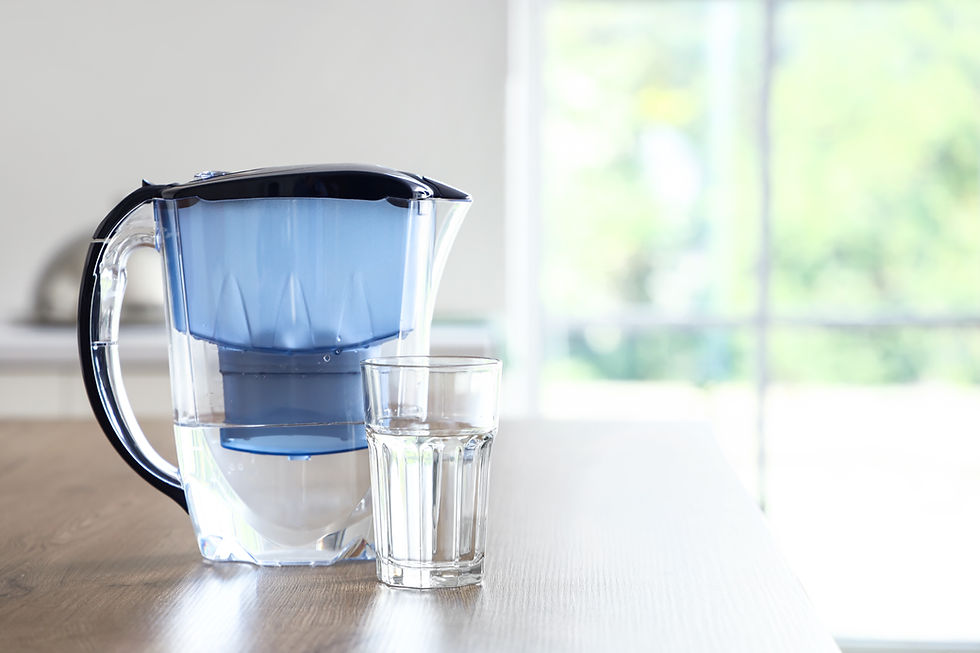The sale of bottled water keeps blooming
- Holmblad Water
- Feb 24, 2023
- 2 min read
Updated: Oct 18, 2023

The popularity of bottled water continues to rise, despite widespread awareness of the environmental issues associated with plastic bottles. In the United States alone, 50 billion plastic bottles for drinking water are sold annually, with a meager 9% of global plastic bottle sales being recycled. Even in countries like Spain, where over 7 billion bottles are sold each year, and Denmark, known for its environmental consciousness, with its 6 million inhabitants purchasing 250 million plastic water bottles annually, the trend persists.
However, it's unfair to blame consumers entirely for choosing water in plastic bottles. Clean and pure water isn't readily accessible to everyone, and in certain situations or locations, bottled water is a necessity. The lion's share of responsibility lies with the industry, which has failed to prioritize the development of recyclable and ideally biodegradable plastics. It's worth noting that plant-based biodegradable plastic exists. While water bottles are here to stay in some form, it is crucial to ensure that fresh water is available to all, regardless of location or circumstance. The plastic bottle design is efficient and practical, whether it's for staying hydrated on a scorching August day or supporting relief efforts after a natural disaster.
Nonetheless, it is important to acknowledge the potential health risks associated with the chemicals used in the production of plastic water bottles. Bisphenol-A (BPA), a hormone disruptor, has been found to leach into the water from certain plastic bottles. Exposure to BPA has been linked to various health problems, including obesity, diabetes, and cancer.
While we wait for the industry to introduce less harmful and eco-friendly biodegradable alternatives, what steps can we take? Some argue, rightfully so, that the plastic issue is much larger when it comes to food packaging, and plastic bottles play a relatively minor role. The problem of plastic packaging in the food industry is indeed massive, but as consumers, it's challenging to avoid as most food products are packaged in plastic. Shopping exclusively at organic stores, where plastic use may be minimized, is expensive and not financially viable for most families in the long run.
However, the issue of plastic water bottles should not be underestimated. With a global population of 8 billion people, this year alone we are projected to purchase a staggering 600 billion plastic bottles. That amounts to over 1 million bottles per minute, every day, throughout the year. The demand is astonishing, and while it may be necessary in certain regions, there are alternatives available elsewhere that can make a difference. One option is to reuse the bottles you purchase and bring them along on trips or during exercise. A better choice is to use bottles made from sustainable materials and fill them at home. If you're concerned about water quality or taste, filtering your tap water is a viable solution. In fact, a high-quality filtration system often provides superior water quality compared to most bottled water on the market, which often falls short of expectations. Moreover, you'll save money in the process. With filter cartridge costs starting at less than one EUR per month, plastic water bottles suddenly appear overpriced and wasteful.



Comments